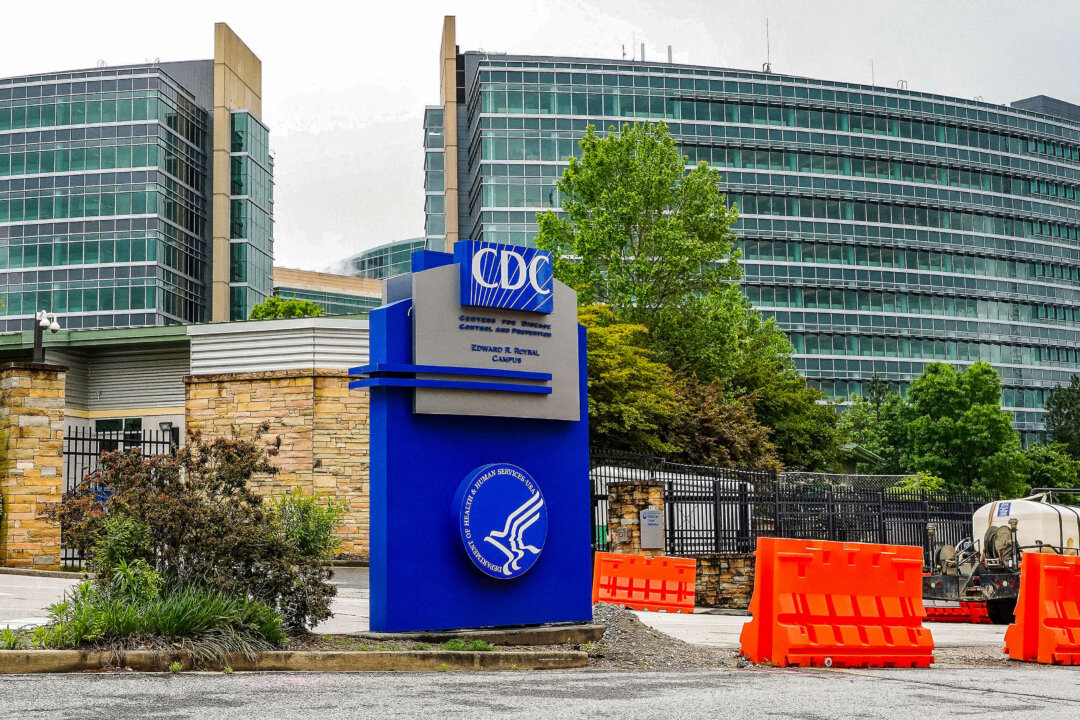The move was made the day after Robert F. Kennedy Jr. took over as health secretary.
The U.S. Centers for Disease Control and Prevention (CDC) vaccine advisory committee postponed its meeting this week, drawing concern from at least one independent health organization.
The CDC issued a statement explaining, “The ACIP meeting will be postponed to accommodate public comment in advance of the meeting. The ACIP workgroups met as scheduled this month and will present at the upcoming ACIP meeting.” An Epoch Times review of the page shows that the statement was issued on Feb. 21.
“Postponing a meeting of the Advisory Committee on Immunization Practices [ACIP] delays vital discussions and needed decisions on a variety of vaccines by trusted and well-vetted experts,” Infectious Diseases Society of America President Tina Tan said in a statement on Feb. 21.
“ACIP relies on a well-established, transparent, and evidence-based process for evaluating the optimal use of vaccines that plays a critical role in strengthening public health.”
The ACIP was scheduled to meet in Atlanta, Georgia, from Feb. 26 to Feb. 28, which would have been the first since Robert F. Kennedy took over the Health and Human Services (HHS) umbrella agency earlier this month. It also would have been the first such meeting since President Donald Trump was sworn into office.
Andrew Nixon, the HHS director of communications, confirmed on Feb. 21 that the meeting was postponed. Nixon did not respond to a follow-up question about a new meeting date.
The Epoch Times contacted the CDC on Sunday for additional comments. HHS did not say when the next ACIP meeting will take place.
ACIP holds public meetings at least three times a year—typically in February, June, and October—to review recommendations and new vaccine data before voting on proposals. The CDC director does not necessarily have to adopt ACIP’s recommendations but often does. This was the case with COVID-19 vaccines that were used during the pandemic.
Tan said that a move by HHS and the CDC to remove public information on vaccines also worries her organization. She said in the statement that she believes vaccines are the “best defense for protecting people of all ages against many serious infectious diseases” and that the benefits outweigh the risks.
This past week, Kennedy told a group of HHS staff that he wants his tenure as secretary of the sprawling health agency to usher in a “new era of radical transparency” and that he wants the agency to work to end the “chronic disease epidemic” across the United States.
“I’m not going to come in here and impose my belief over any of yours,“ Kennedy said. ”Instead, we’re going to work together to launch a new era of radical transparency.
“Only through radical transparency can we provide Americans with genuine informed consent, which is the bedrock and the foundation stone of democracy.”
Formerly an independent presidential candidate, Kennedy dropped out of the race last year and endorsed Trump before promoting what he termed as a “Make America Healthy Again” agenda, or MAHA.
Noting that he has been branded as a “conspiracy theorist” or “anti-vaxxer,” Kennedy downplayed those concerns. He asked HHS employees to “start a relationship by letting go of any preconceptions that you may have about me. And let’s start from square one.”
The Associated Press contributed to this report.

